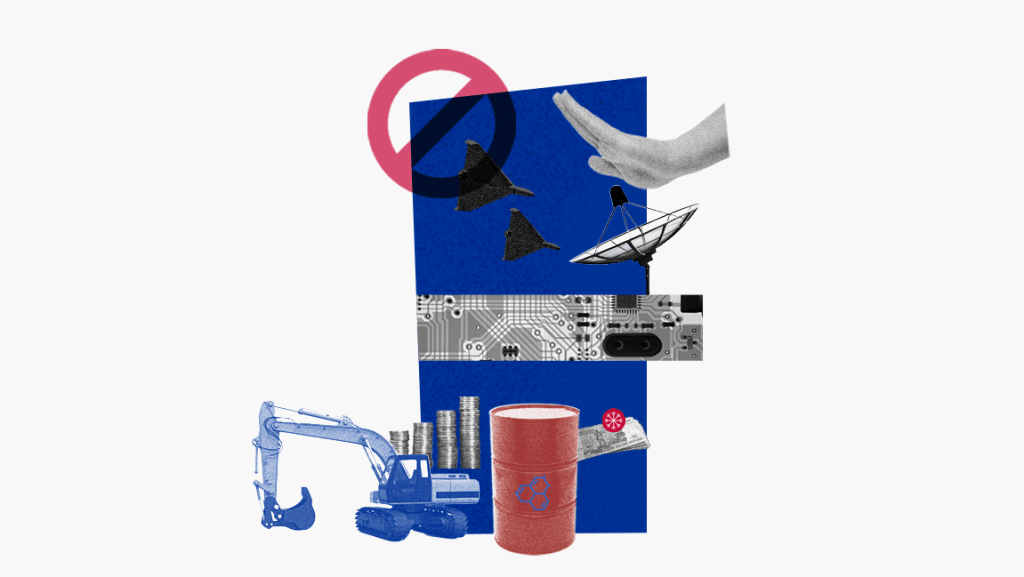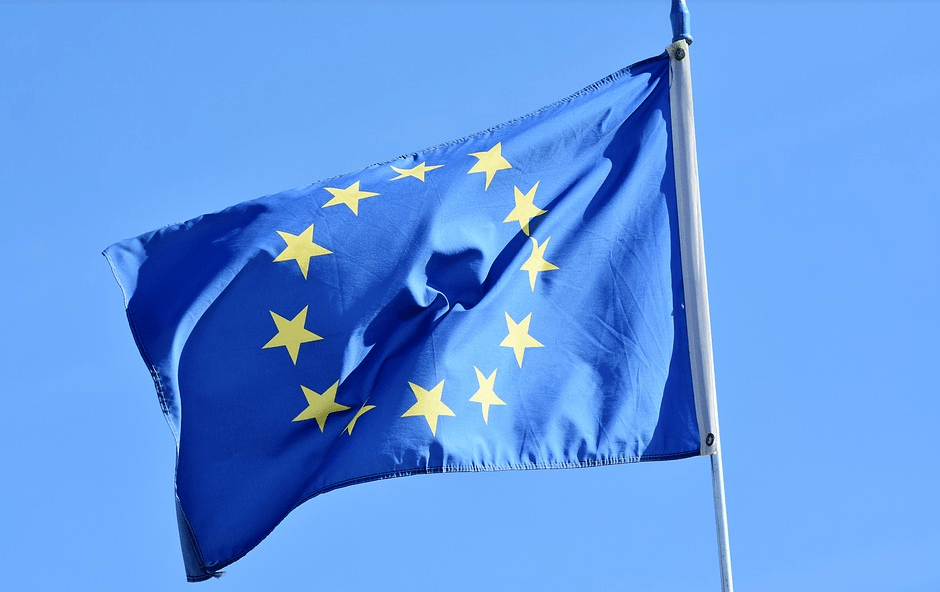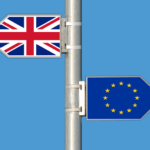The European Commission welcomes the political agreement reached between the European Parliament and the Council on the Directive on pay transparency measures. The initiative was an important element of the political guidelines of President von der Leyen and the Commission tabled its proposal on 4 March 2021.
The new rules will provide for more transparency and effective enforcement of the equal pay principle between women and men as well as improve access to justice for victims of pay discrimination.
Key elements of the Directive on pay transparency
Pay transparency measures:
- Pay transparency for job-seekers – Employers will have to provide information about the initial pay level or its range in the job vacancy notice or before the job interview. Employers will not be allowed to ask prospective workers about their pay history.
- Right to information for employees – Employees will have the right to request information from their employer on their individual pay level and on the average pay levels, broken down by sex, for categories of workers doing the same work or work of equal value. This right will exist for all employees, irrespective of the size of the company.
- Reporting on gender pay gap – Employers with at least 100 employees will have to publish information on the pay gap between female and male workers. In a first stage, employers with at least 250 employees will report every year and employers with between 150 and 249 employees will report every three years. As of five years after the transposition of the Directive, employers with between 100 and 149 employees will also have to report every three years.
- Joint pay assessment – Where pay reporting reveals a gender pay gap of at least 5% and when the employer cannot justify the gap on basis of objective gender neutral factors, employers will have to carry out a pay assessment, in cooperation with workers’ representatives.
Better access to justice for victims of pay discrimination:
- Compensation for workers – workers who have suffered gender pay discrimination can receive compensation, including full recovery of back pay and related bonuses or payments in kind.
- Burden of proof on employer – where the employer did not fulfil its transparency obligations, it will be for the employer, not the worker, to prove that there was no discrimination in relation to pay.
- Sanctions will include fines – Member States should establish specific penalties for infringements of the equal pay rule, including fines.
- Equality bodies and workers’ representatives may act in legal or administrative proceedings on behalf of workers.
Next steps
The political agreement reached by the European Parliament and the Council is now subject to formal approval by the co-legislators. Once agreed, the Directive will enter into force 20 days after publication in the Official Journal and Member States will then need to transpose the new elements of the Directive into national law within three years.
Background
The right to equal pay between women and men for equal work or work of equal value has been a founding principle of the European Union since the Treaty of Rome in 1957. The requirement to ensure equal pay is set out in Article 157 TFEU and in Directive on the principle of equal opportunities and equal treatment of men and women in matters of employment and occupation.
The European Commission adopted a Recommendation on strengthening the principle of equal pay between men and women through transparency in March 2014. Despite this, the effective implementation and enforcement of this principle in practice remains a major challenge in the European Union. The European Parliament and the Council have repeatedly called for action in this area. In June 2019, the Council called on the Commission to develop concrete measures to increase pay transparency.
In March 2020, the Commission published its Gender Equality Strategy 2020-2025 setting out actions to close the gender pay gap. In November 2020, the Commission adopted its 2021-2025 Action Plan on Gender Equality and Women’s Empowerment in External Action.
The Commission’s proposal on pay transparency, adopted on 4 March 2021, introduces measures to ensure that women and men in the EU receive equal pay for equal work.

Impact of EU sanctions on the Russian economy |







Leave a Reply